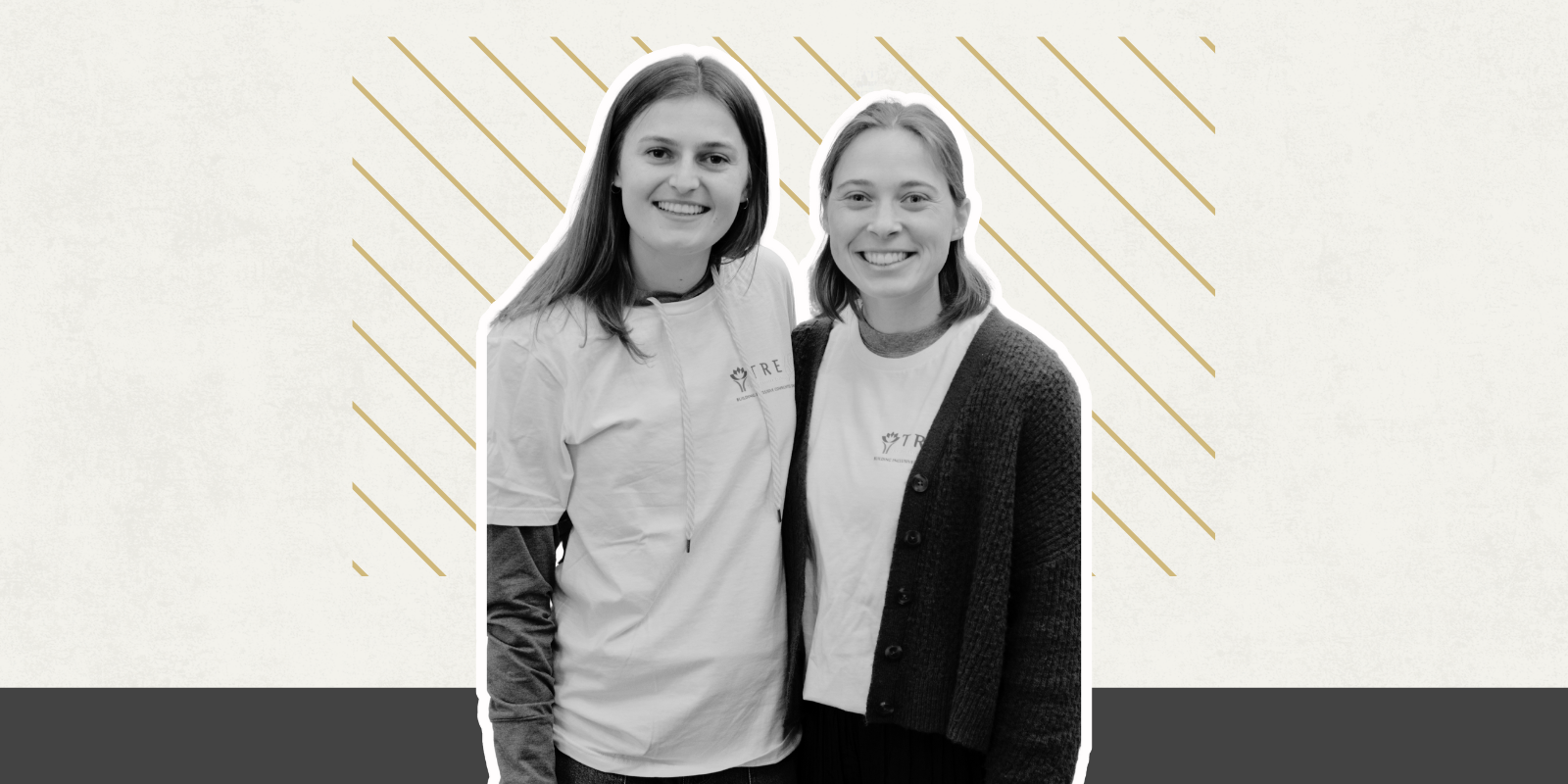Despite their reputation as the happiest season of all, filled with family, presents, and peaceful evenings by the fireplace, the holidays, for many, also are accompanied by stress, depression, and anxiety.
That’s especially true this year, says Amy Lopez, PhD, LCSW, assistant professor of psychiatry in the University of Colorado School of Medicine, as the added pressure of having a “normal” holiday after two years of COVID-19-limited celebrations can take a toll on mental health.
“For the past two years, we couldn't really celebrate,” says Lopez, who also serves as director of social work for the Department of Psychiatry. “In 2020, definitely not, and even last year, it was with some caution. I think automatically, there’s already a lot of pressure for people about to make up for all the things we didn’t get to do in previous years, like doing the office Christmas party again. Some people didn't really miss these things, and other people missed them a lot.”
That can create added pressure to make up for lost time and make 2022 celebrations even more special, Lopez says. And for some, COVID-19 poses an even more immediate challenge when it comes to holiday gatherings: balancing the needs of those who are still being cautious with the desires of those who have decided to stop wearing masks or taking other protective measures against the pandemic.
“COVID is still here,” she says. “There may be people who still feel uncomfortable gathering or may ask friends and family to take COVID tests or to wear masks in their home. This was something we didn't hear in previous years. I talk with people about that — what are their plans? What are they going to enforce, and what do they not care about? What that will look like, and how might it look different than it did pre-COVID?”
Managing expectations
Beyond COVID-19 concerns and pressures, much of the traditional stress around the holidays comes down to expectations versus reality, Lopez says. By striving to manage expectations early and communicate with those close to you, many holiday stressors can be avoided.
“We put a lot of pressure on ourselves, when maybe that wasn't the expectation at all,” she says. “Some people really feel like they must perform, or meet other people's expectations, and that leads to some of the guilt and some of the stress. One of the things people can do to avoid that is to talk about it: ‘What are your expectations? Are you expecting a gift? Are you not expecting a gift? Do you want to go to multiple parties? How many different light displays do you need to go to?’”
Lopez also recommends early conversations about budgets and how much should be spent on presents, holiday meals, travel, and the like.
Take care of yourself
The holidays come with other built-in factors — shorter, colder days; children on break from school — making self-care all the more important during the often-hectic month.
“It can be hard, and sometimes people feel guilty that they didn't do their self-care, like exercise and meditation, because of disrupted schedules or other holiday events she says. “The key is to figure out what feels good to you. If it feels good to continue your routine, do it. And if it feels good to say, ‘I'm not exercising again until January,’ that’s fine too. Our mental health tips for winter in general are to make sure you're getting outside, getting some sunlight, connecting with other people. Those are really helpful.”
Lopez offers these additional tips to avoid stress and anxiety during the holidays:
- Think about balance with food, alcohol, and sleep.
- Focus on why the holidays may be meaningful or enjoyable to you.
- Schedule some down time for yourself
- Keep a calendar with all your commitments, both for yourself and with others. If the calendar becomes overwhelming, don’t be afraid to say no to an invitation.
- Prioritize those things that are most important to you and help you to connect to the holiday season.
- Not enjoying your traditions? Start a new one.
- Make a budget, and do your best to try to stay within the limits set for yourself.
- Keep realistic holiday expectations — don’t let perfectionism spoil the party.
- Don’t expect to get along with everyone just because it’s the holidays. Have a back-up plan for avoiding difficult conversations or leaving events early if you need to.
- Do a little every day and try to take things as they come.
- All feelings are valid. Allow yourself time for joy, but if you need time for grief, sadness, or frustration, don’t feel like you have to ignore or hide those feelings because it’s supposed to be a happy time of year.
- Recognize and treasure the uniqueness of your family and friends.
- Don’t forget to have fun!
Those experiencing a mental health crisis at any time can call 988 to be connected with trained mental health professionals in their area.




